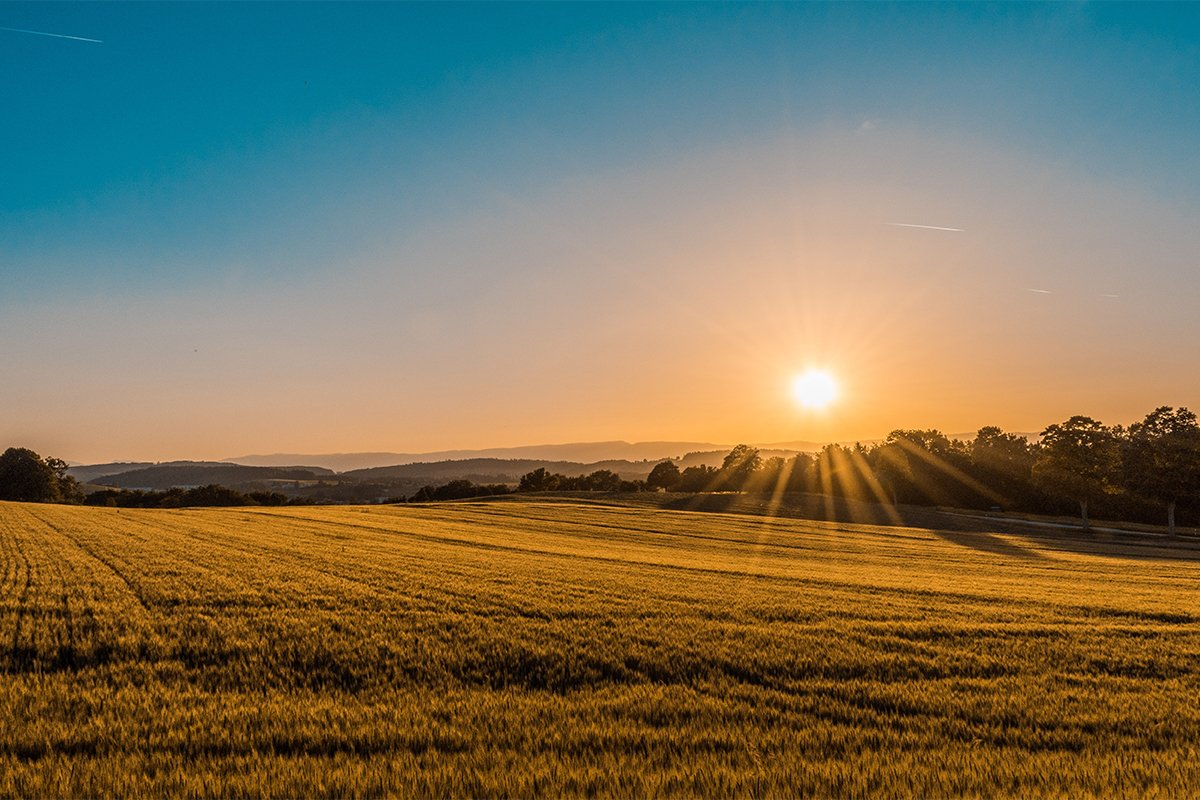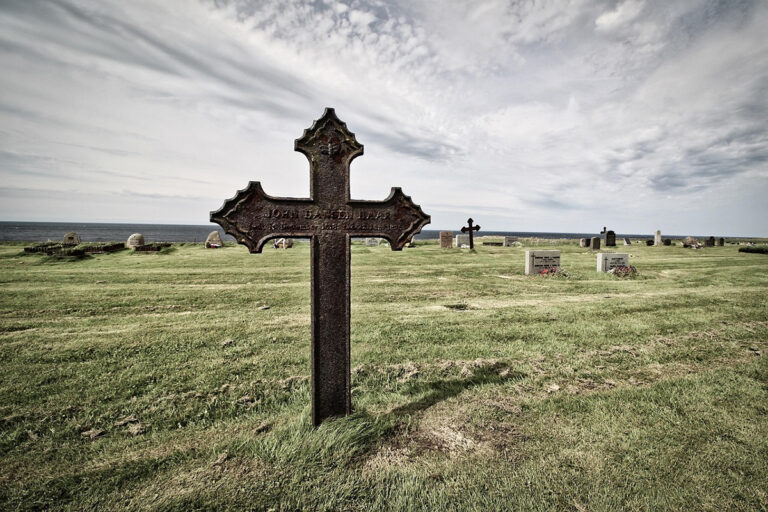Joshua 16 (Listen)
The Allotment for Ephraim and Manasseh
16:1 The allotment of the people of Joseph went from the Jordan by Jericho, east of the waters of Jericho, into the wilderness, going up from Jericho into the hill country to Bethel. 2 Then going from Bethel to Luz, it passes along to Ataroth, the territory of the Archites. 3 Then it goes down westward to the territory of the Japhletites, as far as the territory of Lower Beth-horon, then to Gezer, and it ends at the sea.
4 The people of Joseph, Manasseh and Ephraim, received their inheritance.
5 The territory of the people of Ephraim by their clans was as follows: the boundary of their inheritance on the east was Ataroth-addar as far as Upper Beth-horon, 6 and the boundary goes from there to the sea. On the north is Michmethath. Then on the east the boundary turns around toward Taanath-shiloh and passes along beyond it on the east to Janoah, 7 then it goes down from Janoah to Ataroth and to Naarah, and touches Jericho, ending at the Jordan. 8 From Tappuah the boundary goes westward to the brook Kanah and ends at the sea. Such is the inheritance of the tribe of the people of Ephraim by their clans, 9 together with the towns that were set apart for the people of Ephraim within the inheritance of the Manassites, all those towns with their villages. 10 However, they did not drive out the Canaanites who lived in Gezer, so the Canaanites have lived in the midst of Ephraim to this day but have been made to do forced labor.
(ESV)
Joshua 16 Commentary
Joshua 16 details the land allotment for the descendants of Joseph, specifically Ephraim and Manasseh. Their inheritance spanned from the Jordan near Jericho to the Mediterranean Sea. Ephraim’s territory included cities like Bethel, Luz, and Gezer. Despite this, the Israelites did not drive out the Canaanites in Gezer, and they remained in the land as forced laborers.
Sinful Nature
Joseph did not have a tribe named after him because he received a double portion of inheritance, passed down through his sons, Ephraim and Manasseh. Despite this, the Canaanites were not fully driven out of the land, with some living among the Israelites, as seen in Joshua 16:10.
God addressed this issue in Deuteronomy.
“However, you must not let any living thing survive among the cities of these people the LORD your God is giving you as an inheritance.”
Deuteronomy 20:16 CSB
They resorted to making the Canaanites labor for their cause. Logic tells us that if they had enough power/authority to force them into labor, they probably could have completely eliminated them. We see this time and time again with Israel. God gives a firm command and instead of following through completely, they decided to take shortcuts or ignore details.
It’s possible that Israel did this for convenience to which there is still no excuse. Oh, how we do the same today!
This symbolizes that, while we are forgiven in Christ, our sinful nature still remains and requires ongoing struggle. Like the Canaanites, sin can remain among us, but God has given us everything we need to live a godly life. Romans 6:12-14 encourages us to resist sin and present ourselves to God for righteousness, relying on the Holy Spirit every day for strength.







